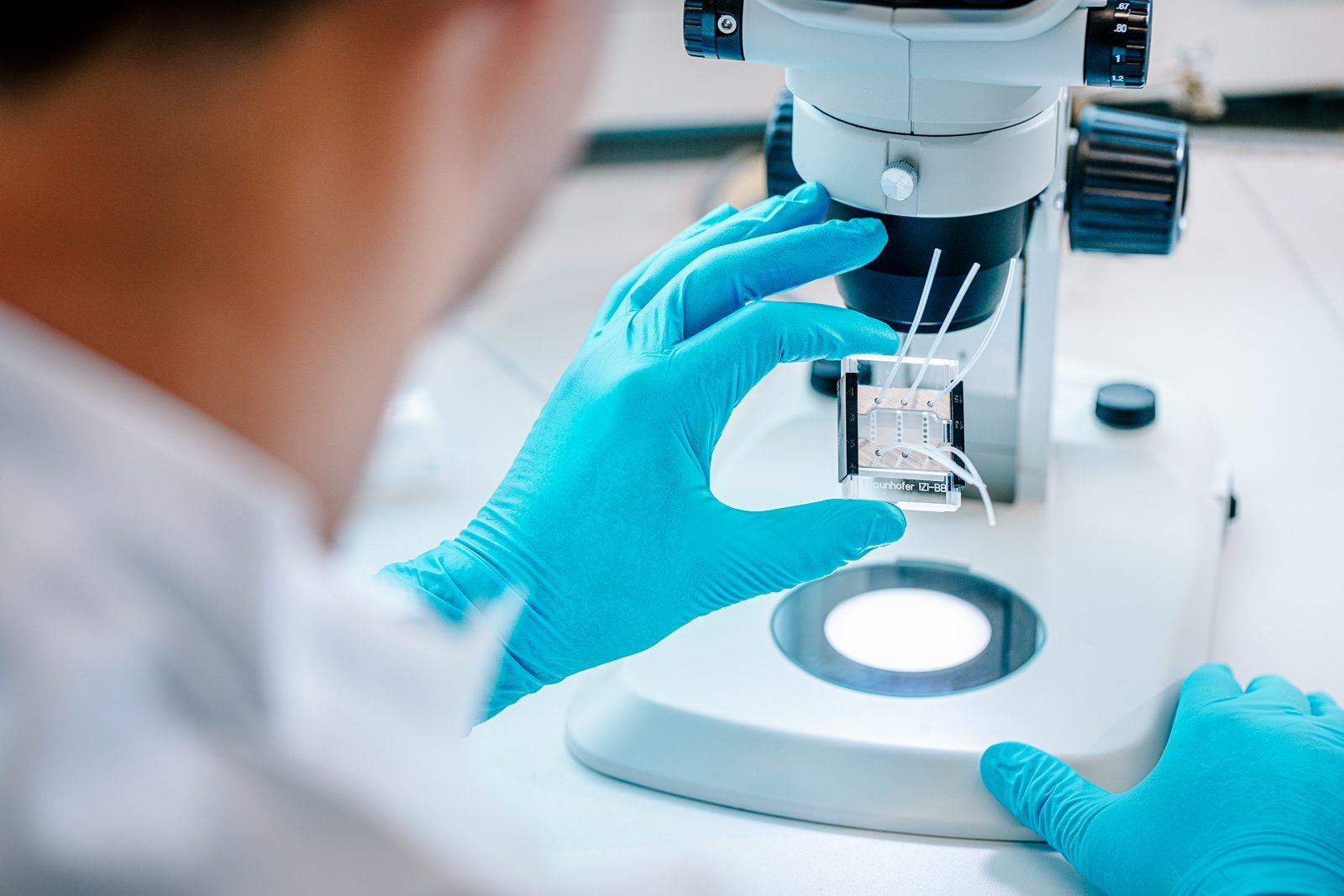
Research
The park is home to the Max Planck Institutes and Fraunhofer Gesellschaft as well as the largest University of Potsdam campus. Together they make Potsdam-Golm an excellent location for research in the fields of life sciences, chemistry, physics, polymer research and analytics. This concentration of world-class scientific institutions, state-of-the-art research infrastructure and an inspiring campus life in a compact and pedestrian-friendly location makes Potsdam Science Park an attractive destination for scientists from all over the world.
What are you searching for?
Ask our AI assistant a question or enter a search term and receive a summary of the most relevant content on your topic.
-
Suggested search terms:
- Events
- Research & Education
- Social Life
Research & Education
View all content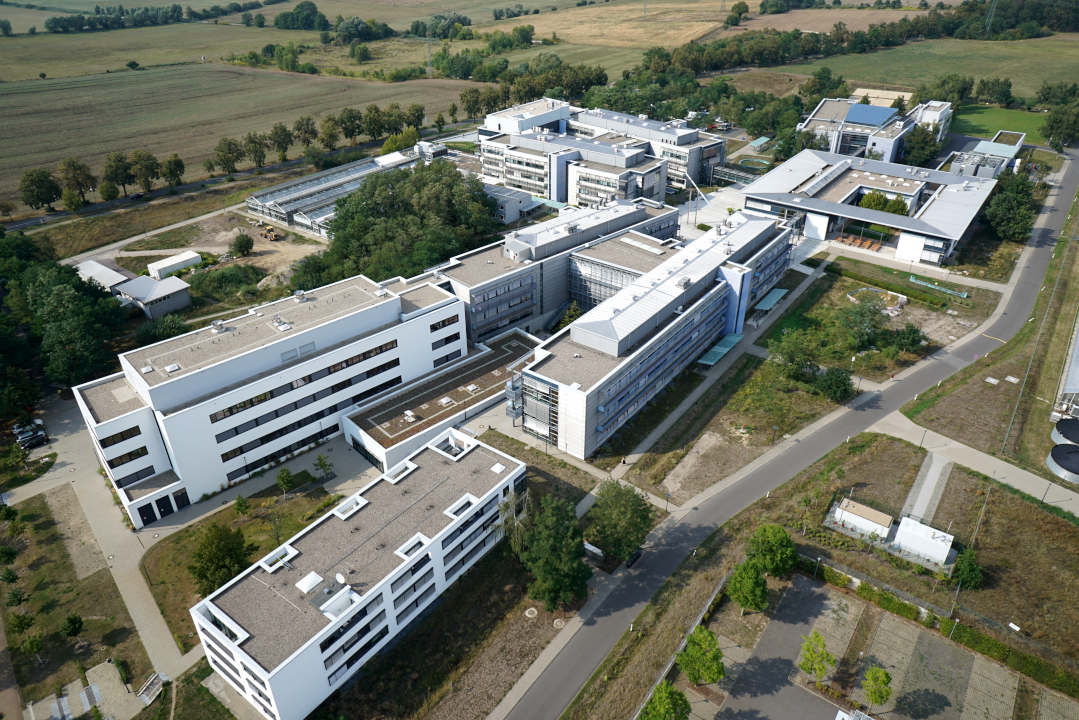
Max Planck Campus
The Max Planck Institute for Colloids and Interfaces, the Max Planck Institute for Molecular Plant Physiology and the Max Planck Institute for Gravitational Physics (Albert Einstein Institute) form the Max Planck Campus in the Potsdam Science Park. From the microcosm to outer space – that could be the motto of...
Read article
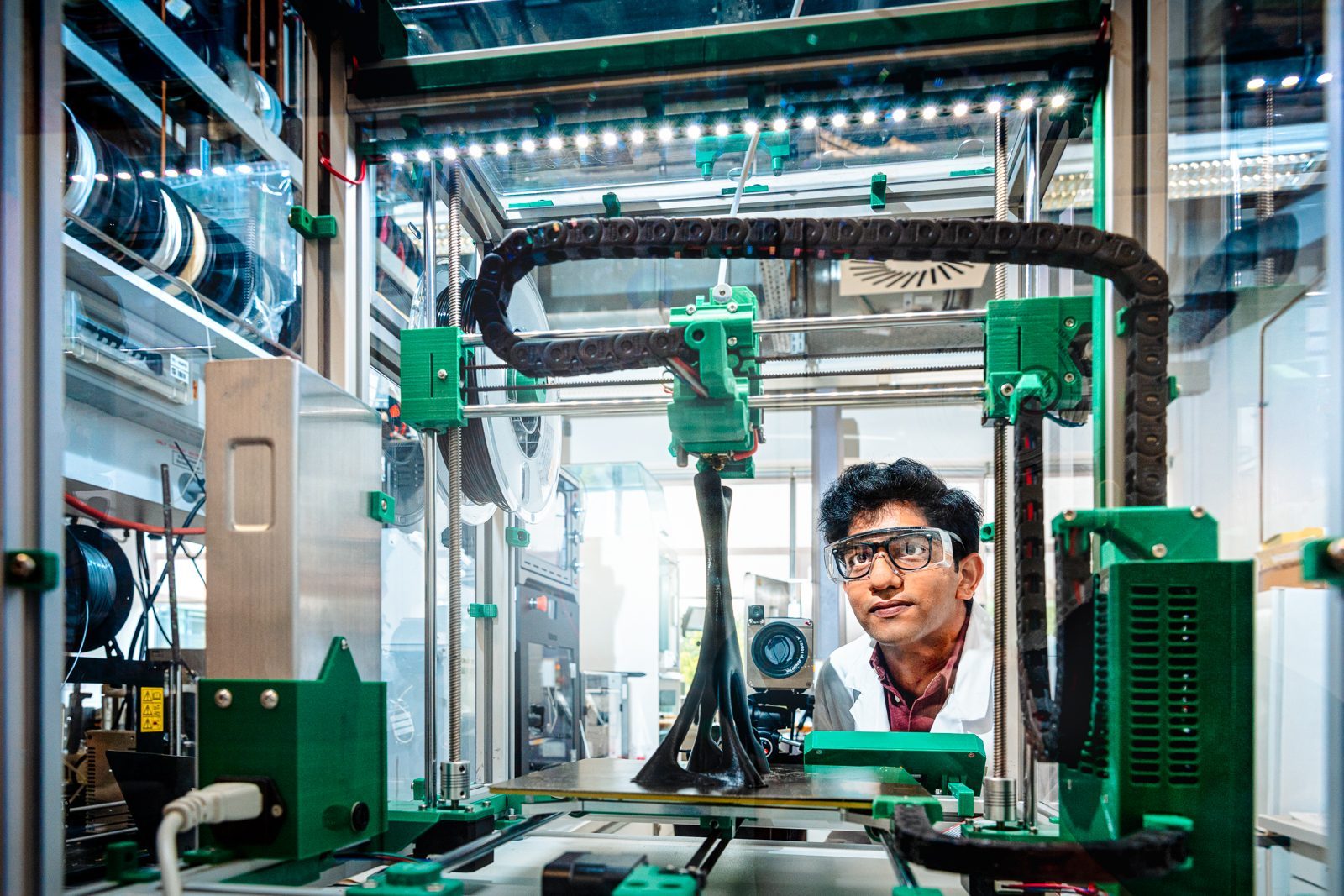
Fraunhofer Campus
Two institutes from the Fraunhofer Gesellschaft have settled in the Potsdam Science Park: The Fraunhofer Institute for Applied Polymer Sciences (IAP) and the Bioanalytics and Bioprocesses (IZI-BB) division of the Fraunhofer Institute for Cell Therapy and Immunology. In cooperation with industry leaders, both institutes are developing innovative solutions on the...
Read article
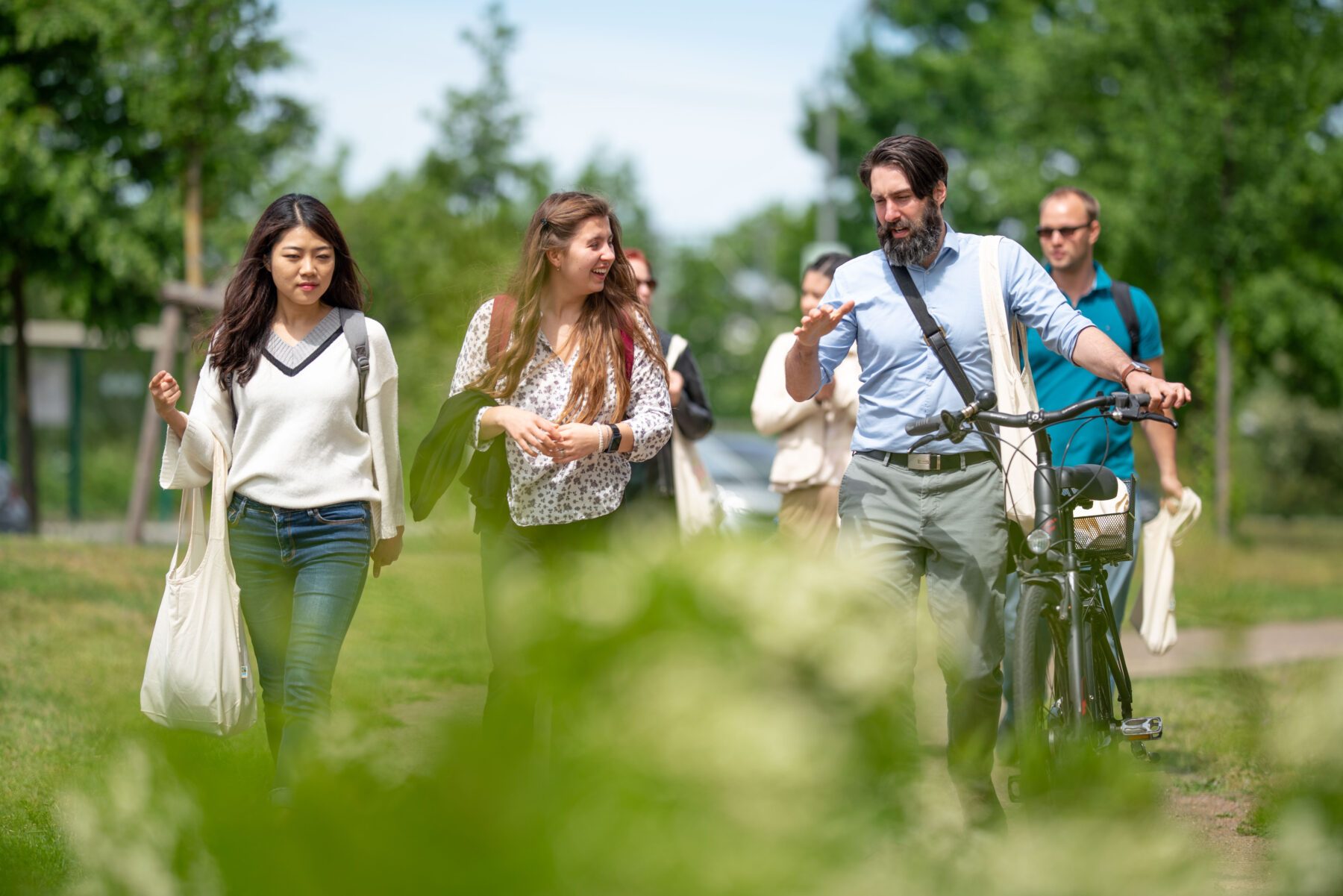
University of Potsdam
The University of Potsdam is Brandenburg’s largest university with over 20,000 students and seven departments. It is also the only institution in the state that trains teachers. Research is focused on Earth and Environmental Sciences, Evolutionary and Systems Biology, Cognitive Sciences and Data Sciences. The University is closely networked with...
Read article
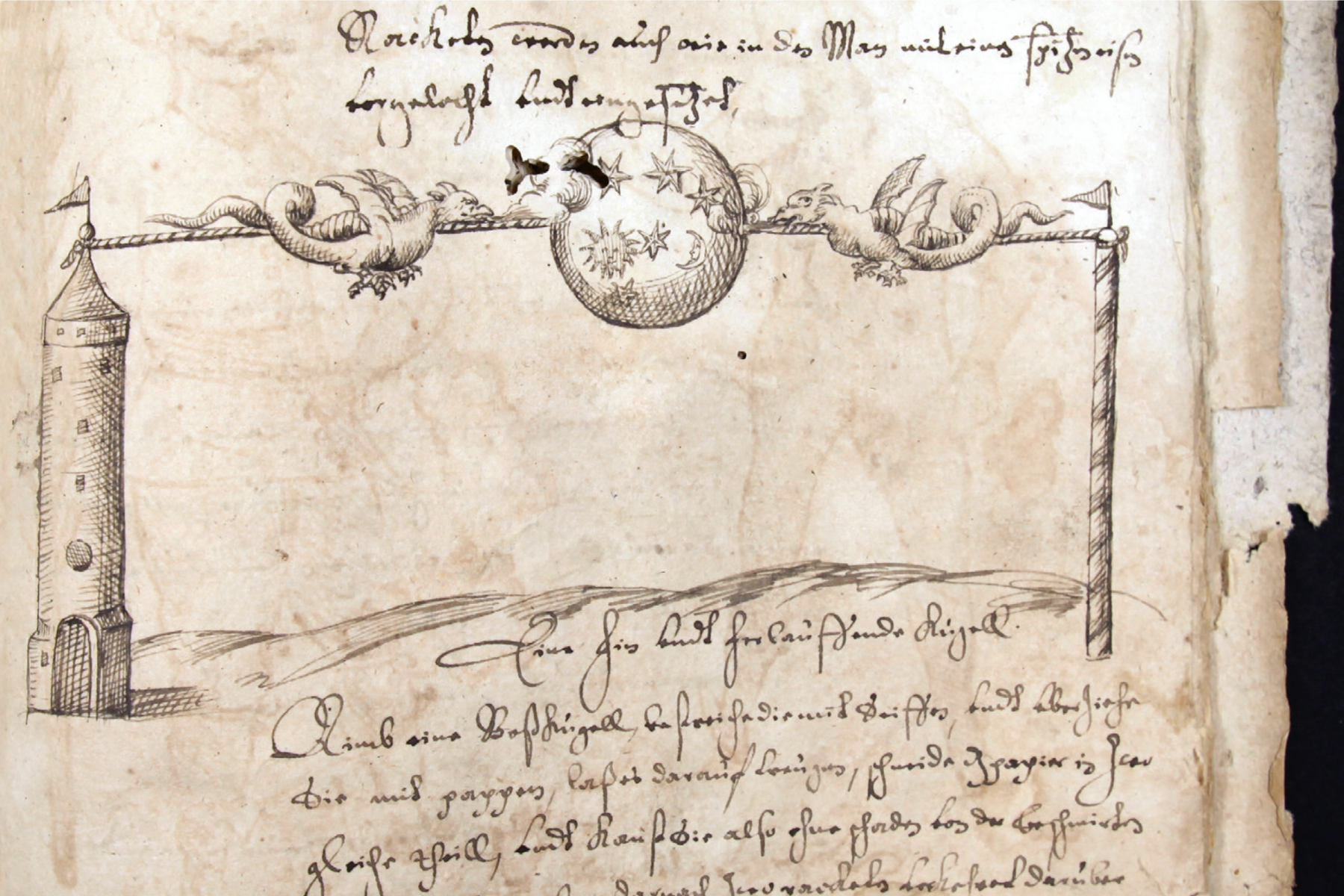
Brandenburg Main State Archive
The Brandenburg Main State Archive maintains the history of the State of Brandenburg. Interested parties can research archival materials online and view materials in the reading room. An extensive reference library is also available to visitors.
Read article
Further content
Lunch & Learn
In the Lunch & Learn format, present and past actors of the Potsdam Science Park provide valuable insights into current research topics, successful jobs outside academia and their journeys as company founders.
Read article
PSP Conference
Save the Date: Oct 14-15, 2024! The PSP Conference is the largest forum for collaborations, research innovations and start-ups in the Potsdam Science Park. Look forward to exciting discussions on innovation ecosystems, best practice from research and business as well as forward-looking start-ups from the German capital region at the...
Read article